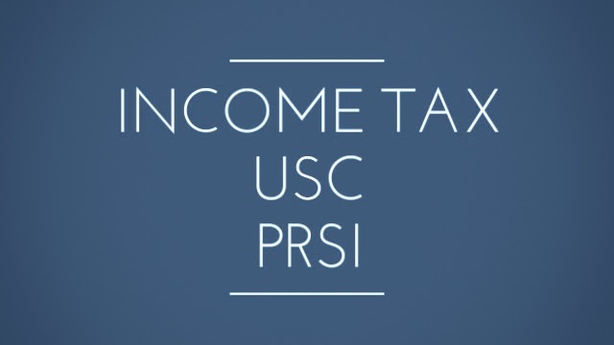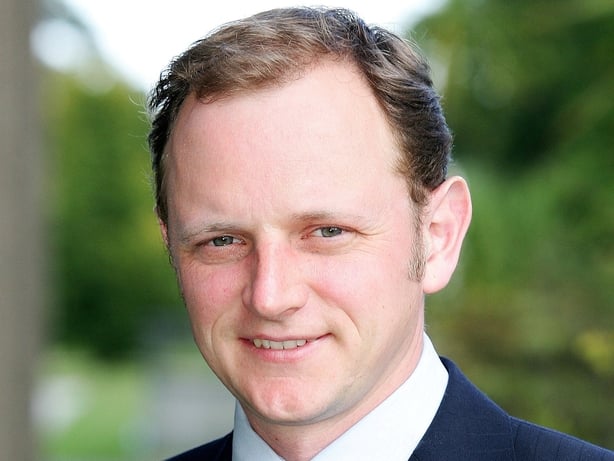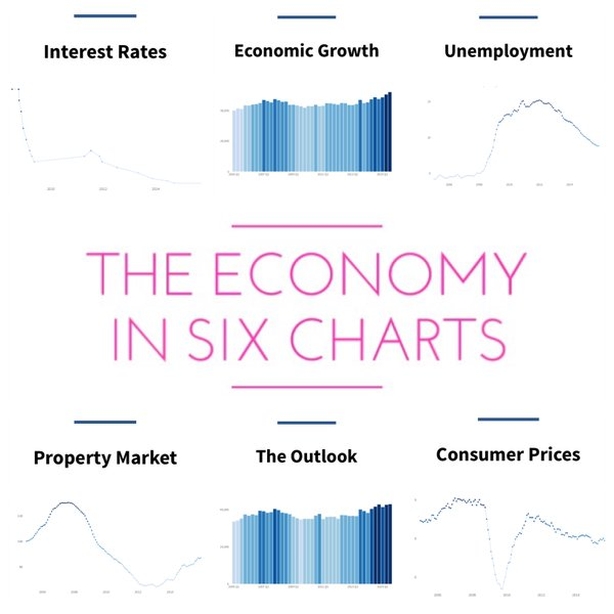
Fine Gael: Inheritance tax ceiling up, 5% tax on incomes over €100,000 and abolish USC

Fine Gael is proposing to abolish the USC between now and 2020. It is a big bold step and would cost a whopping €3.7bn.
To help pay for that the party would impose a 5% additional tax for those on €100,000 or more. It would also propose reducing the point at which workers begin to pay PRSI from its current rate of €18,300 to €13,000.
It is planning to increase the minimum wage to €10.50 an hour.
The party is also equalising the tax treatment for self-employed earners and PAYE workers.
It would hike tax on nicotine and tobacco. It is also increasing the home carers' tax credit from €1,000 to €1,650.
Fine Gael would raise the threshold at which people pay tax on inheritance from €280,000 to €500,000.
It would reduce the marginal rate of tax to 44% for middle income earners and ensure nobody pays more than 50% tax.
Labour Party: Sugar levy, tobacco taxes, reduction in PRSI and abolish USC up to €72,000

Labour is proposing to abolish USC on incomes up to €72,000, which would cost €2.6bn.
At the other end of the scale it is hitting higher earners by phasing out the tax credit on incomes over €100,000, which will raise €306m.
Labour's sugar tax would add 15c to a soft drink to raise €183m and it would increase tobacco taxes to raise €260m.
Labour would also hike the minimum wage to €11.30 an hour.
In a move to boost the take-home pay of low and middle income earners, it plans to reduce PRSI for those earning €18,305 to €36,608. This would increase the PRSI relief by €14 per week on incomes up to €36,608.
Fianna Fáil: Cut DIRT, extend mortgage interest relief, cut capital gains and abolish USC up to €80,000
Fianna Fáil would abolish USC up to €80,000, which would cost €2.6bn.
The party is proposing to slash Capital Gains Tax from 33% to 10% on the first €15 million of chargeable gains for entrepreneurs – and that move would cost €74m.
The party is also equalising tax treatment for the self-employed and PAYE earners, which would cost €123m in a full year. It is proposing to introduce a tax on sugar and put more levies on tobacco. Fianna Fáil also proposes to reduce DIRT tax, which is paid on interest earned from money on deposit, from 41% to 38%.
It is also planning to extend mortgage interest relief beyond its current expiry date next year until 2020.
Sinn Féin: Abolish Property Tax & Water Charges, retain USC over €19,500

Sinn Féin stands out from the other three main parties because it proposes retaining the USC for the bulk of workers.
It plans to take the lowest 15% of earners out of the USC net by exempting those on less than €19,500 – and that move would cost the exchequer €87m.
It says it would abolish Water Charges, which would cost €270m, and property tax, which would cost €480m. It also wants a wealth tax and an additional 7% tariff on those earning over €100,000.
It is proposing reducing tax relief on pensions, introducing a betting tax and a sugar tax.
Is all this sensible?
There is no harm in political parties setting out their stalls but it would be somewhat naive to think any party will be able to implement all of their promises.
Judging by the opinion polls, any administration formed after the election is going to be a coalition which will involve hard negotiations to shape a Programme for Government. So it will be a mixture of different parties' policies.
Cutting taxes of any type will require continued robust economic growth.
The parties are relying on forecasts predicting how much tax will be collected in future years. All of their policies are based on continued healthy economic growth.
Projecting what will happen in the Irish economy is notoriously tricky (see my blog Oops. They Missed. Economic forecasts for Ireland).
So if the economy doesn't grow, the politicians won't be able to meet their commitments.
So far 2016 has been characterised by turmoil on the markets that few had expected just two months ago. Predicting the long-term health of the economy is a mug's game.
Bear in mind tax cuts and spending increases resulted in a collapse in Ireland's public finances in 2008 when the country was hit by the global crisis.
By RTÉ Business Editor, David Murphy
Read more from David Murphy - The Irish economy in six charts

